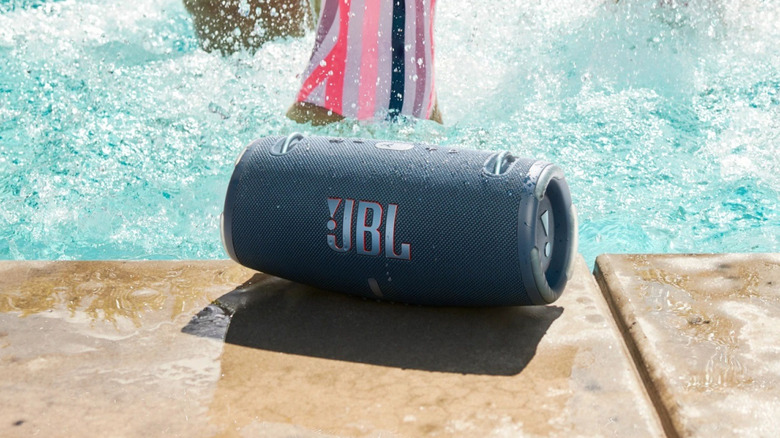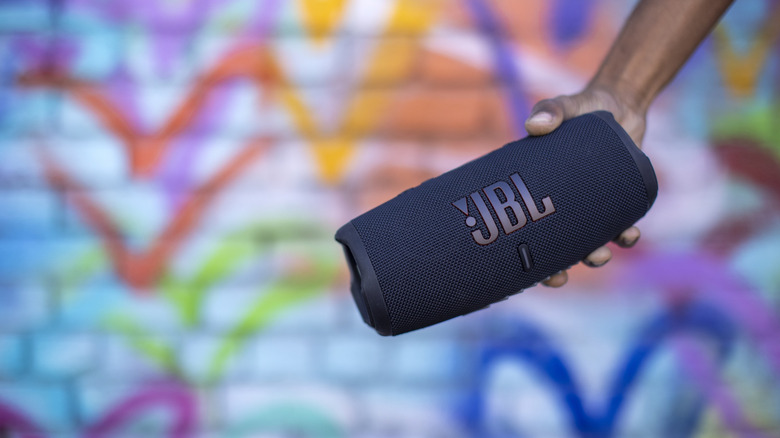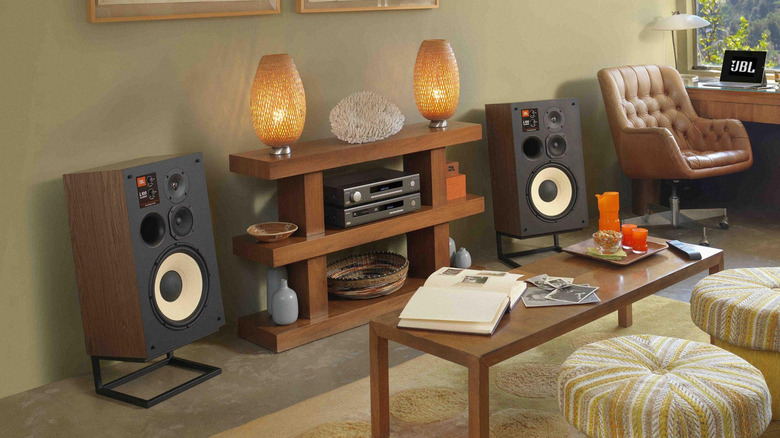Who Makes JBL Speakers & How Good Are They? (According To Users)
JBL is one of the most popular players in the audio equipment market today and offers a wide range of audio products to a diverse range of customers. The familiar JBL logo is splattered across a variety of products, including Bluetooth speakers, home audio systems, car audio products, and full-fledged home theater systems. JBL has been around since the late 1940s, tracing its origins back to 1946 when audio engineer James B. Lansing, who worked at Altec Lansing as the Vice President of Engineering, founded it in Los Angeles, California.
Initially, the company was called Lansing Sound, Inc., and later James B. Lansing Sound. It wouldn't be until 1955 that it would eventually get the name JBL, an abbreviation for James B. Lansing, the company's founder. JBL had a tumultuous start to its journey and faced its first major crisis in 1949, just three years after its founding, when Lansing took his own life after encountering personal issues and deteriorating business. JBL's then-Vice President, Bill Thomas, soon took control of the company and continued operations.
Shortly after Lansing's passing, Thomas purchased one-third of James Lansing's interest in the company, becoming its sole owner. Bill Thomas continued operating JBL until 1969, when he sold the company to Jervis Corporation, which would eventually become Harman International. As of 2025, JBL is still owned by Harman, which was itself absorbed into the Samsung Group in 2017.
How good are JBL Speakers and what do users say about them?
Given JBL's sheer popularity and longevity in the audio space, the overall feedback surrounding JBL products is largely positive. That being said, the brand perception of JBL varies depending on the category of products it's involved in. For example, the company is very popular in the portable speakers' space, consistently earning positive reviews from users. JBL's range of portable speakers includes Bluetooth models from the Flip, Charge, Clip, and Go series, as well as its colorful party-focused PartyBox Encore Bluetooth speakers.
Users value the ruggedness, bass, and long battery life of JBL's products. The company's Charge 5, for example, is described as one of the best value speakers in a Reddit thread, while other users appreciated the company's product design across various form factors. Even the tiny JBL Clip 5 finds fans for everyday travel. Of course, not every experience is positive, as some people complain about the poor battery life for the Go 3 and issues with sound quality at high volumes with the Clip 5.
Another consistent complaint concerning JBL's portable audio/Bluetooth speakers is their distinctive sound pattern, commonly referred to as the "V sound", in which the bass and treble levels are high, but at the cost of mid-range quality. Generally associated with consumer-grade products, this V sound pattern is not something that audiophiles abhor. This pattern offers a pleasurable sound profile that is good for casual listening, but considered less ideal for critical listening sessions, and those intending to use the speakers for neutral audio reproduction.
JBL's perception among audiophiles and pro audio enthusiasts
While there is no denying JBL's popularity in the portable audio space, the perception of the company among home‑audio purists, gaming enthusiasts, and pro‑audio users and audiophiles, in general, is more nuanced. In fact, it wouldn't be wrong to state that the brand is perceived as less prestigious among audiophiles, with one ranking placing JBL at 17th place in terms of overall quality. Brands like Accuphase, Yamaha, Krell, and Audio Research have a better reputation among audiophiles than JBL's offerings.
JBL also has a substantial presence in the professional audio space, with its extensive lineup of products, including PA systems, studio monitors, and cinema speakers. Here too, JBL faces stiff competition from brands such as Genelec, Yamaha, and KRK, all of which offer compelling products. JBL's reputation in this space comes largely from its legacy models like the JBL Paragon – a showpiece stereo loudspeaker from the 1950s — which is now more of a collector's item than a modern standard.
If not evident already, JBL's brand perception changes depending on whom you ask: mainstream consumers and travelers value its robust, portable designs. Audiophiles, more discerning users, and those working in professional spaces may opt for other brands that have better reputations and offer better audio quality than JBL speakers.


